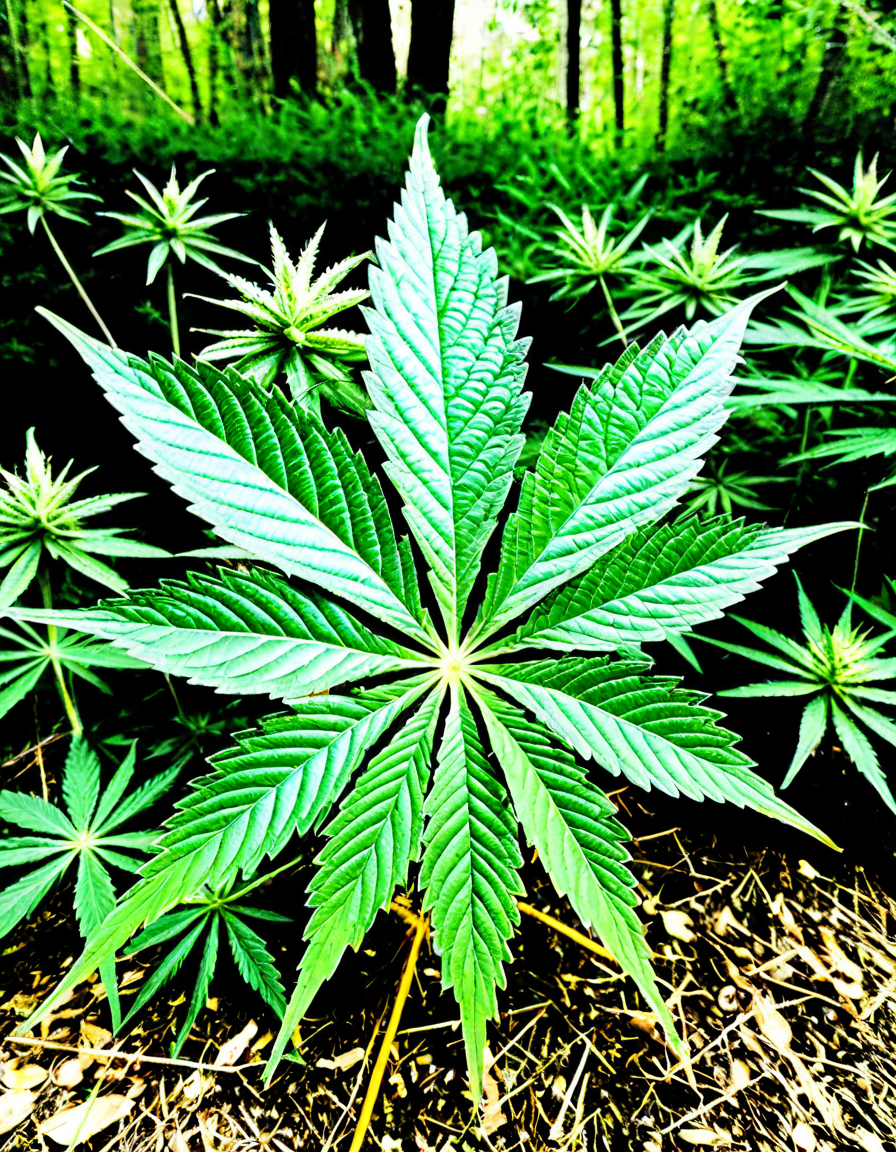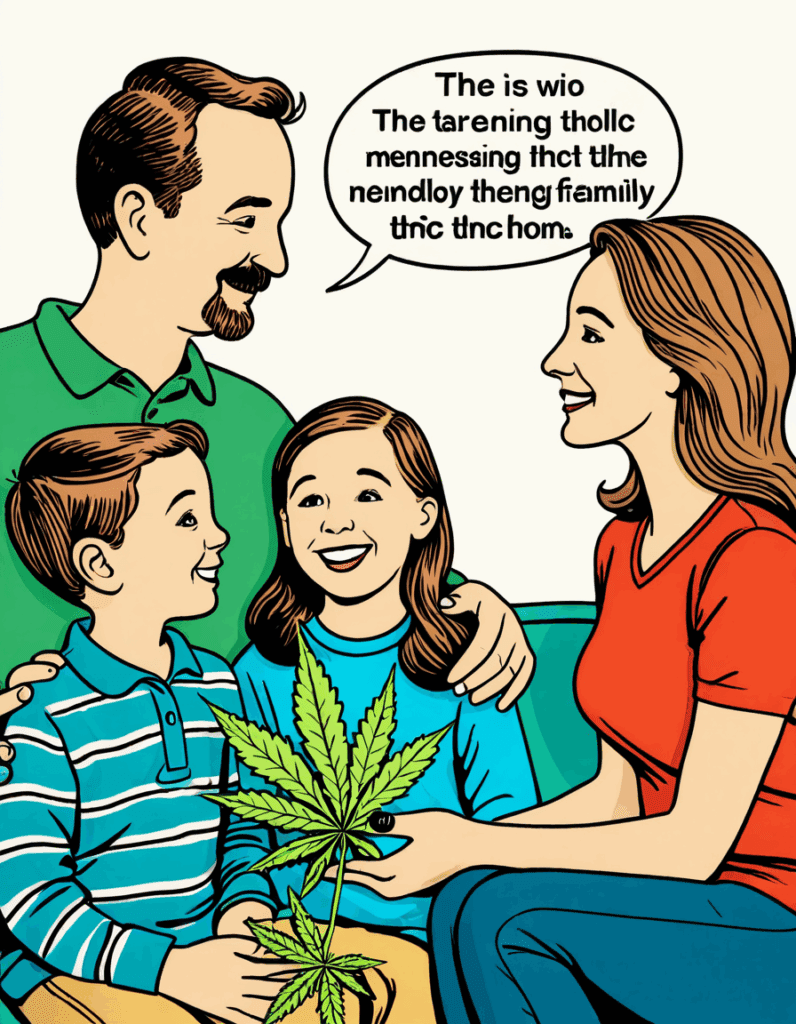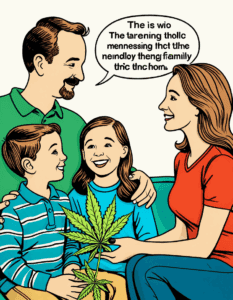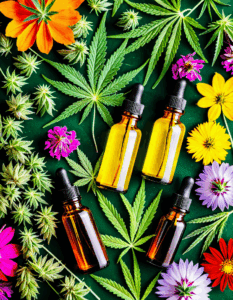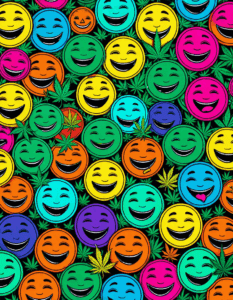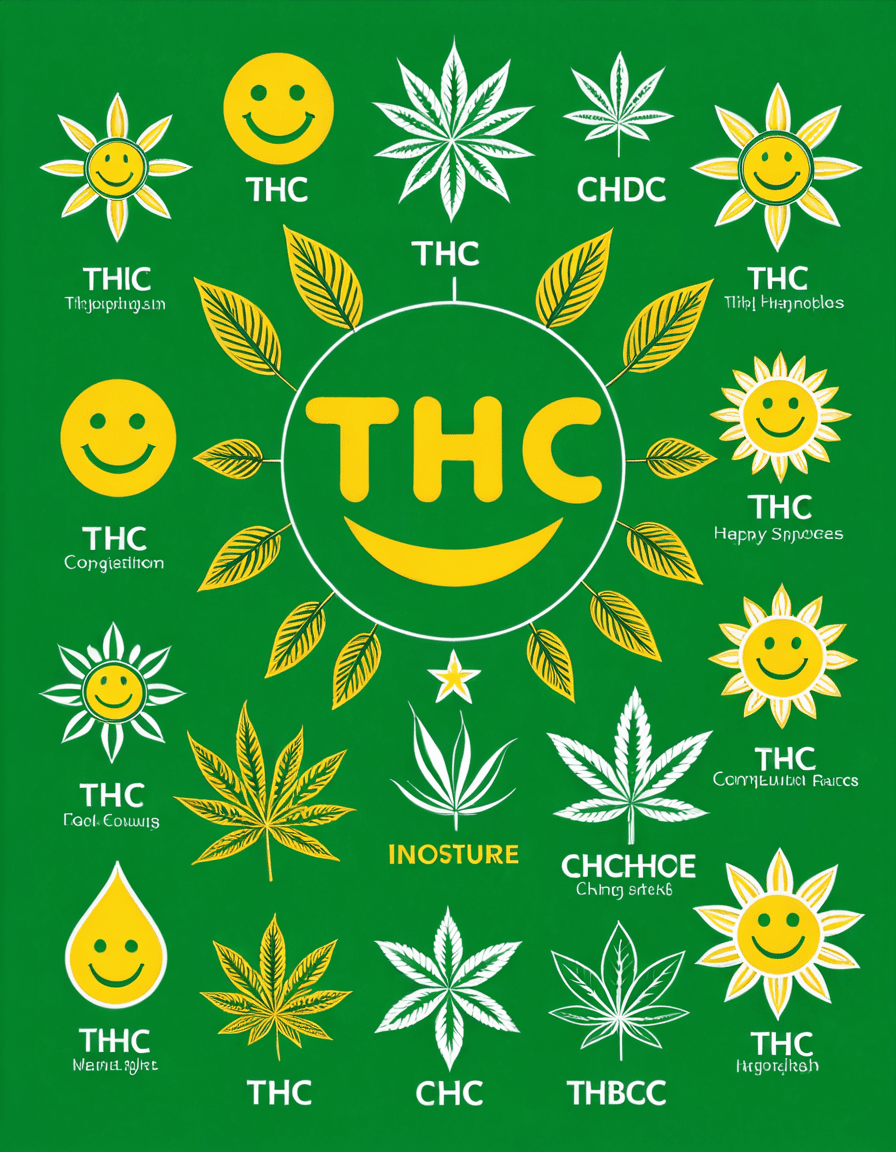
Understanding THC Meaning in the Context of Cannabis
When we talk about THC meaning, we’re diving into the world of tetrahydrocannabinol, the primary substance responsible for the psychoactive effects of cannabis. THC is what gives users that euphoric “high” they seek when consuming marijuana. In recent years, as cannabis gains traction and legalization spreads across states and countries, grasping the implications of THC is crucial. For parents—especially those dealing with addiction issues related to their children—having a clear understanding of THC can shed light on discussions surrounding substance use.
Given that cannabis is more accessible than before, conversations about THC are popping up everywhere. It’s not just about the high; it’s also about potential therapeutic benefits and risks. THC can have various effects on the body that might resonate differently with individuals, making it absolutely vital to unearth all angles related to its use.
Understanding the nuances of THC can also help you engage better with your loved ones if they’re grappling with addiction or problematic usage. As a parent, this knowledge equips you with the tools to approach sensitive discussions surrounding substance use. Remember, knowledge is power, and it fosters dialogue that can be healing, not hurtful.
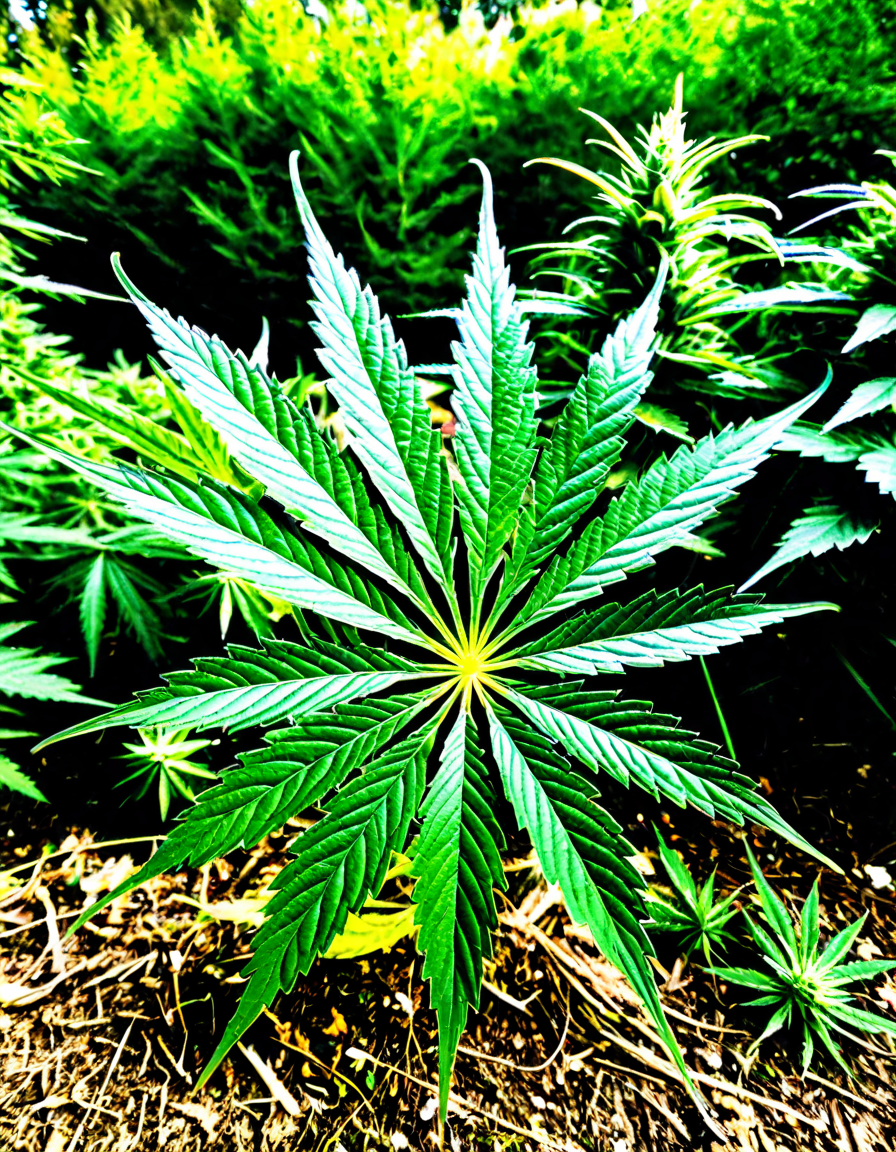
Top 5 Effects of THC on the Human Body
Many users describe feelings of euphoria that wash over them shortly after consuming THC-rich cannabis products. For instance, popular brands like Tweed and Canopy Growth have created specific strains aimed to enhance mood and promote relaxation. These experiences can lead to immunity from anxiety for some—but they often provide a false sense of security.
One of the well-known effects of THC is the increase in appetite, often referred to as the “munchies.” This is particularly beneficial for cancer patients undergoing chemotherapy, where appetite loss can be a significant concern. Brands like Kiva Confections have innovated with their cannabis-infused edibles to ease this dilemma, allowing medical patients to manage their hunger effectively.
Users frequently report a skewed perception of time after consuming THC; what seems like moments can drag into hours. This effect can help artists and other creatives find inspiration. Indeed, many rely on cannabis to spark creativity, turning an ordinary afternoon into an extraordinary journey of artistic expression.
Although research is still unfolding, some studies spotlight THC’s capacity to relieve chronic pain, reduce inflammation, and even ease anxiety. Brands like Charlotte’s Web tout high-THC formulations designed for individuals suffering from serious health problems, revealing a dual narrative around THC: enjoyment and wellness.
However, it’s essential to recognize that THC isn’t a cure-all. Some users, especially at higher dosages, experience anxiety or paranoia. This reality is a significant consideration for anyone contemplating cannabis use; awareness of personal limits and strain potency, like Gpen products, is critical to prevent distressing experiences.
THC Meaning vs. SSD, LSD, DDS, and BPD Meanings: Understanding the Differences
As we break down THC meaning, it’s also vital to differentiate it from other acronyms that surface in discussions about addiction and mental health:
SSD refers to a spectrum of behaviors that encapsulate the misuse of substances, encompassing alcohol, drugs, and cannabis alike. Families grappling with addiction often see the impact of SSD firsthand, and understanding these disorders can help in strategizing interventions that truly resonate with their loved ones.
While THC is a major player in the cannabis space, LSD—the hallucinogen—provides a wildly different sensation. Users of LSD embark on profound journeys that can lead to intense introspection, often changing one’s perspective permanently but not always for the better.
DDS describes a condition where individuals develop a reliance—both psychological and physical—on drugs. This definition often intersects with THC consumption. While some might use cannabis medicinally, others fall into patterns of misuse, whereby DDS can emerge, blurring therapeutic benefits with harm.
For individuals with BPD, emotional imbalance and impulsivity are core challenges. The interplay between THC use and BPD symptoms remains complex. Some individuals have found therapeutic value in using cannabis, while others report adverse reactions that exacerbate their condition.
Unique Perspectives on THC and Its Societal Implications
As the acceptance of cannabis widens, the conversation surrounding THC and its societal implications grows increasingly relevant. States like California lead the charge in recreational cannabis legalization, shifting the way mental health treatments are considered. Increased interest in THC’s therapeutic properties emphasizes a significant evolution in healthcare paradigms.
Moreover, the dialogue around conditions such as PTSD now increasingly includes discussions on THC-based therapies. Companies like Sundial Cannabis have seized this opportunity, focusing on products that specifically support mental health. These developments show just how transformative THC might be in clinical applications, especially for individuals who have faced trauma.
This embrace of cannabis reflects a societal shift, challenging long-held assumptions and paving the way for alternative treatments. Families dealing with addiction can find comfort in knowing that such trials offer hope and possibility, inviting them to engage in informed discussions about their loved ones’ experiences.
Moving Forward: The Evolving Conversation Around THC
As we journey through the ever-changing landscape of cannabis, we must keep the conversation about THC alive and dynamic. It’s not just about understanding its benefits but also recognizing the caveats that accompany cannabis use. Each family, especially those affected by addiction, deserves conversations rooted in knowledge and compassion.
The insight gained from navigating THC usage can help create an environment of safety and support, allowing families to thrive amid uncertain waters. Knowing how THC might impact your loved one opens doors to vital conversations that can uplift rather than alienate.
With awareness, education, and kindness, we can bolster ourselves and contribute positively to our communities—especially for families affected by addiction. This understanding enhances individual journeys while reinforcing the collective strength of families. So let’s equip ourselves with knowledge, compassion, and resilience. The journey is challenging, but together, we can craft paths toward healing and understanding.
By investing time in learning about THC and its implications, you’re not just empowering yourself—you’re also creating a ripple effect of understanding that can uplift everyone around you. Knowledge about THC isn’t merely academic; it’s life-changing and can forge connections that matter. Together, we can tackle the complexities of addiction with patience, strength, and hope.
For further understanding about related topics, consider checking out these articles on Cbd meaning or What Does Cbd do. Each offers informative insights that support the larger context of THC and its interaction with addiction and mental health.
THC Meaning Explained in Simple Terms for Everyone: Engaging Facts
Understanding THC and Its Origins
Ever wondered what “THC” really stands for? Well, it’s short for tetrahydrocannabinol, the main psychoactive ingredient in cannabis. This little molecule’s been creating a buzz for decades, influencing everything from art to food culture—like the diverse flavors of El Salvador food. THC interacts with your brain’s endocannabinoid system, which makes you feel high, chill, or downright goofy! Much like how Pochita From Chainsaw man brings unique traits to the story, THC imparts its own distinctive characteristics to the cannabis experience.
THC and Culture: Fun Facts
Did you know THC has even found itself in the world of film? Much like the quirky inspiration behind Nightmare Foxy, THC’s cultural impact stretches beyond just users. It’s sparked conversations about art, wellness, and legislation. THC is often seen as a gateway to relaxation and creativity. In fact, it’s believed that artists have turned to substances like THC to get those creative juices flowing.
The Science Behind THC and Healing
On a more serious note, THC has medicinal properties that can help manage various conditions—from pain relief to appetite stimulation. It’s fascinating how this compound is being researched for its benefits in mental health, paralleling the concept of the Gs scale used to understand substance effects. This brings us to the real heart of THC: its role in healing. Though it’s often misunderstood, understanding the THC meaning can help foster better conversations about its potential.
So, next time you hear “THC,” remember it’s not just a chemical; it’s a topic that weaves through culture, science, and, yes—sometimes even your favorite dishes, making conversation just a bit spicier!
